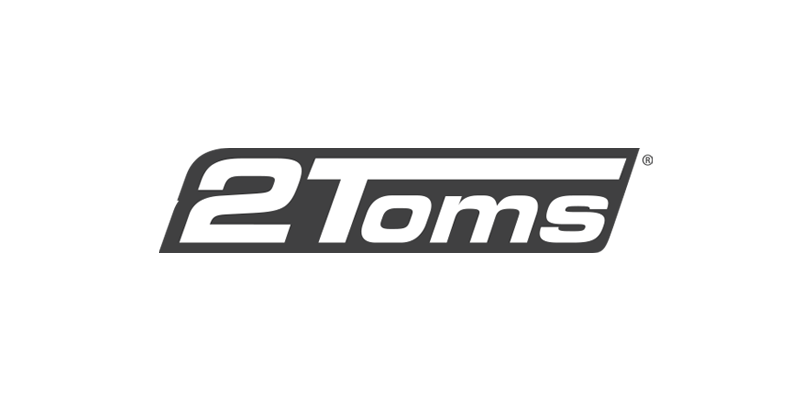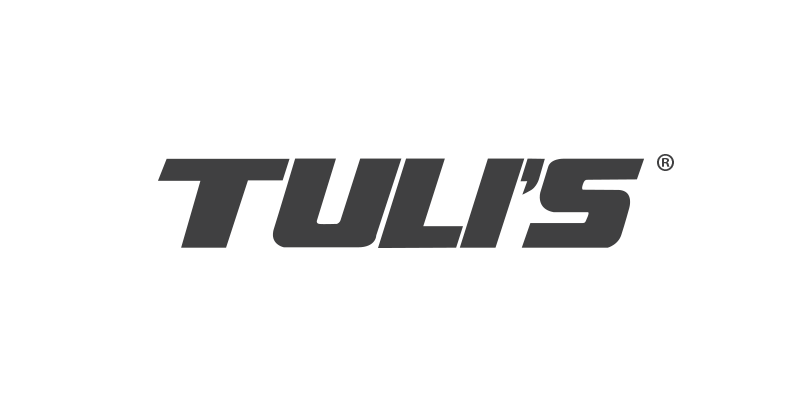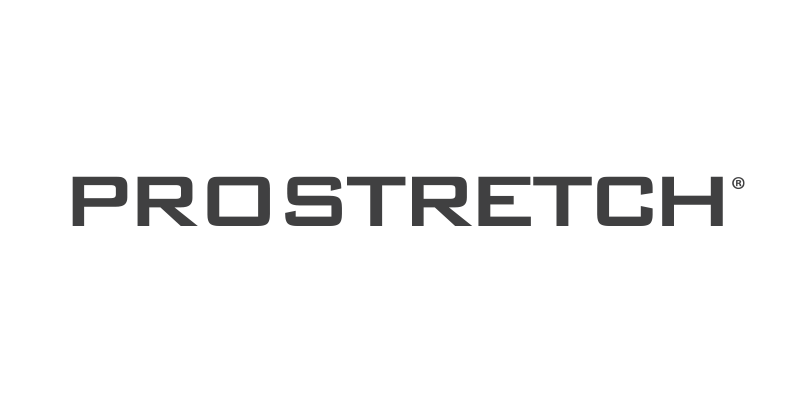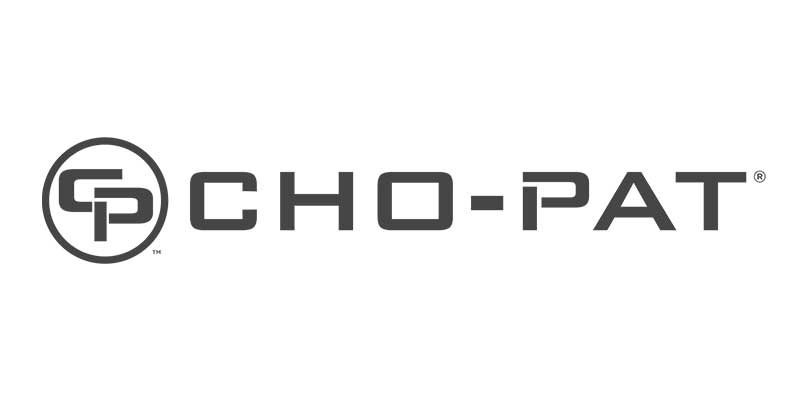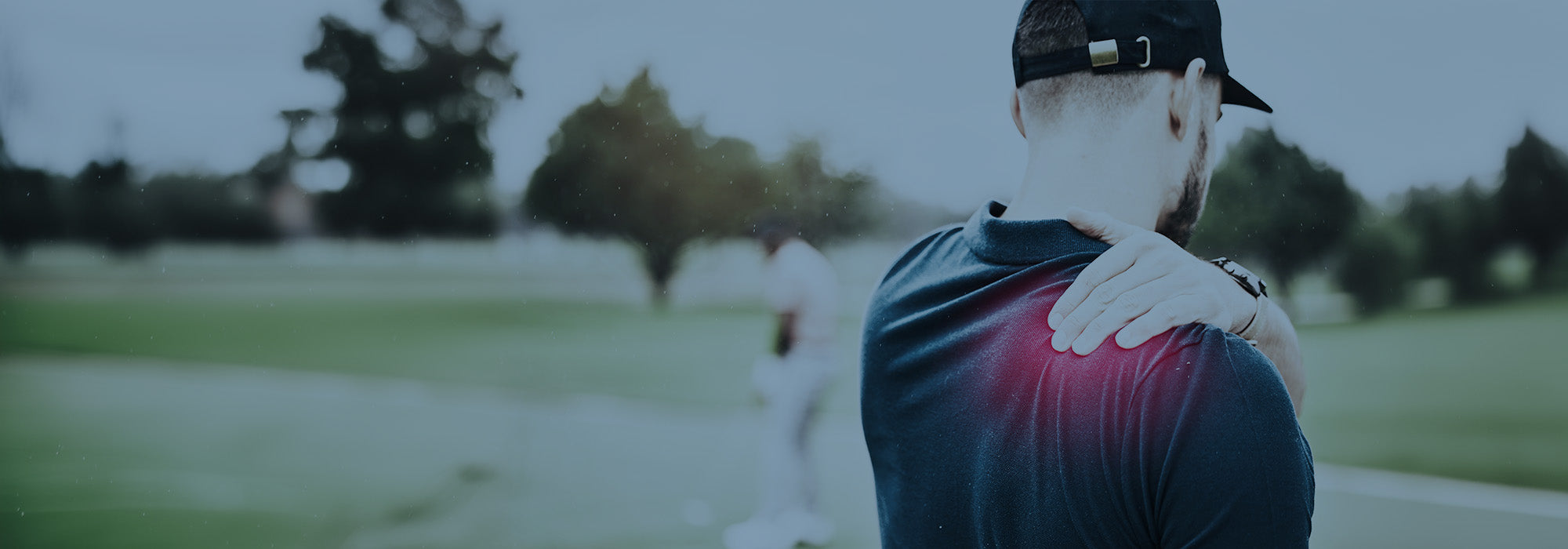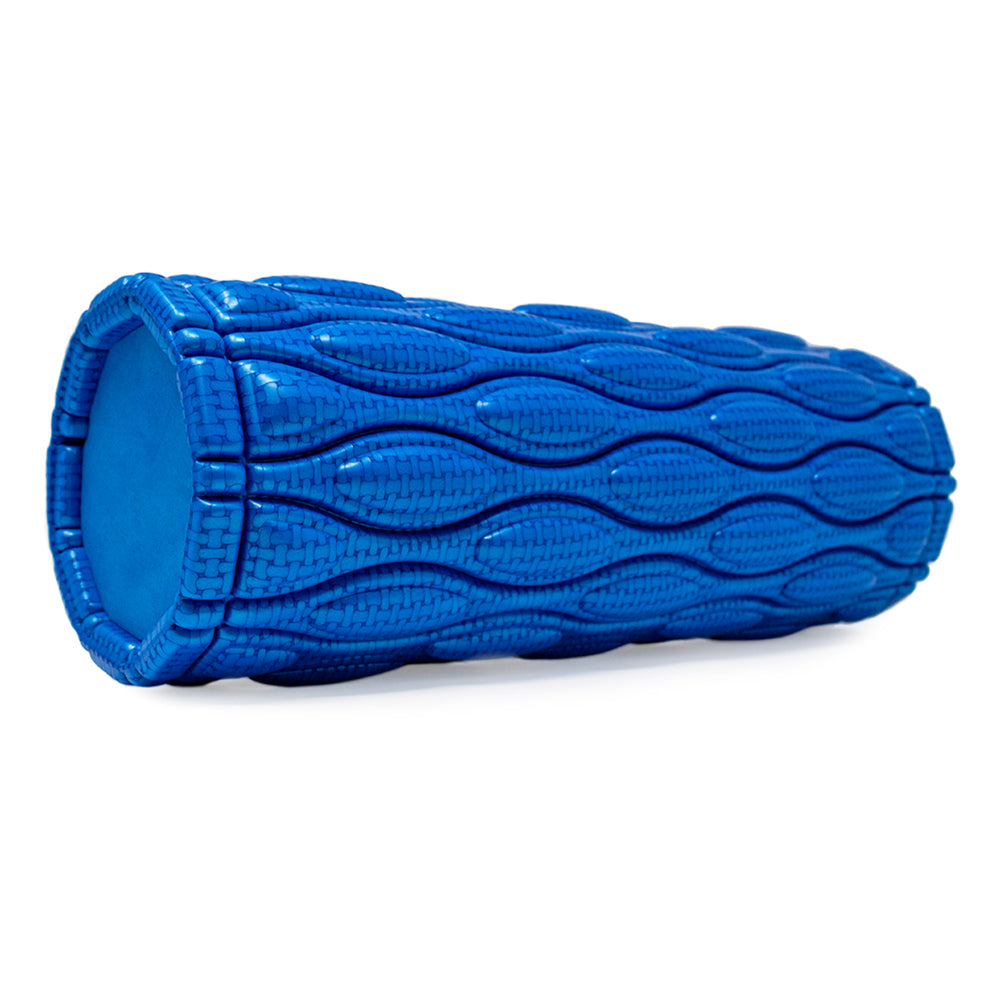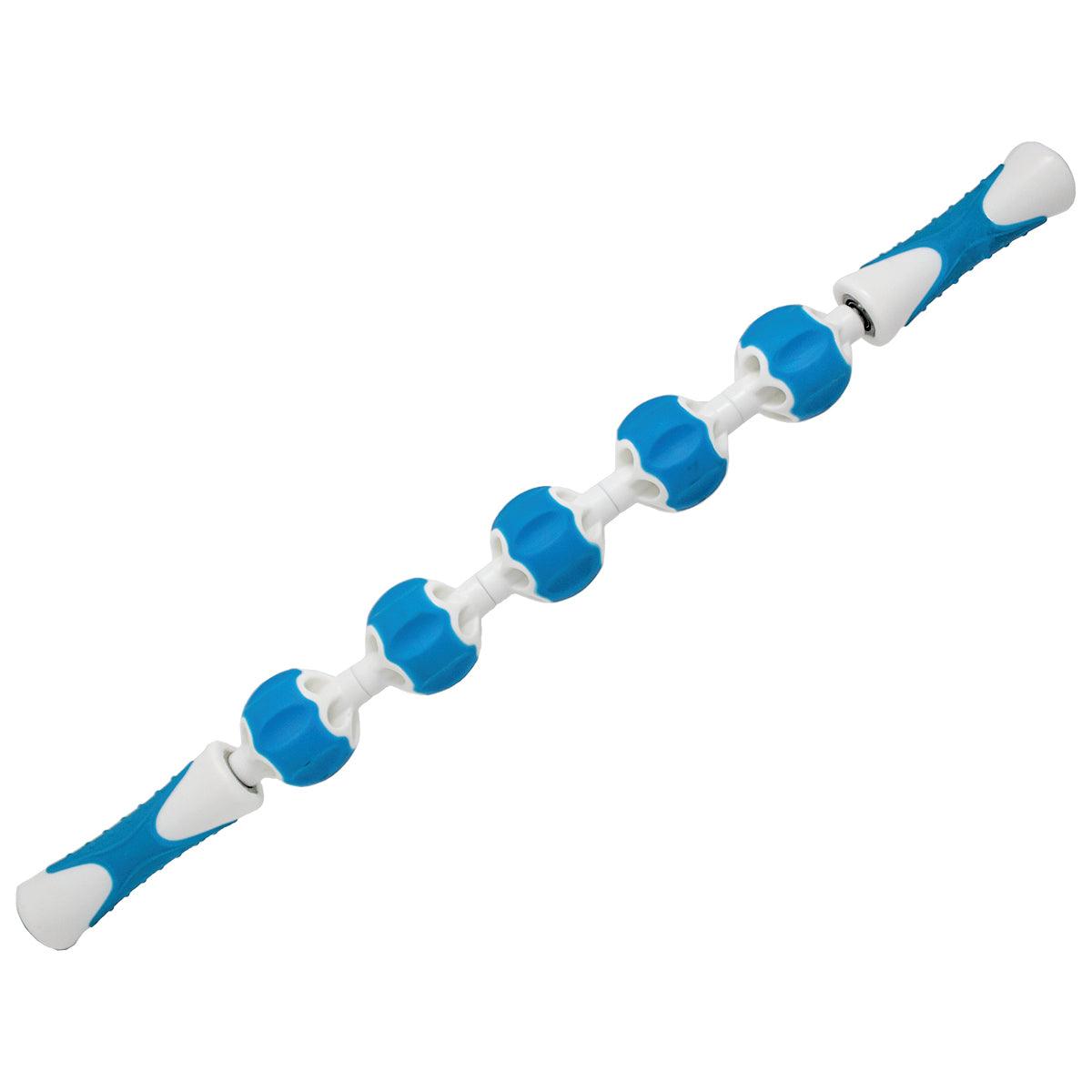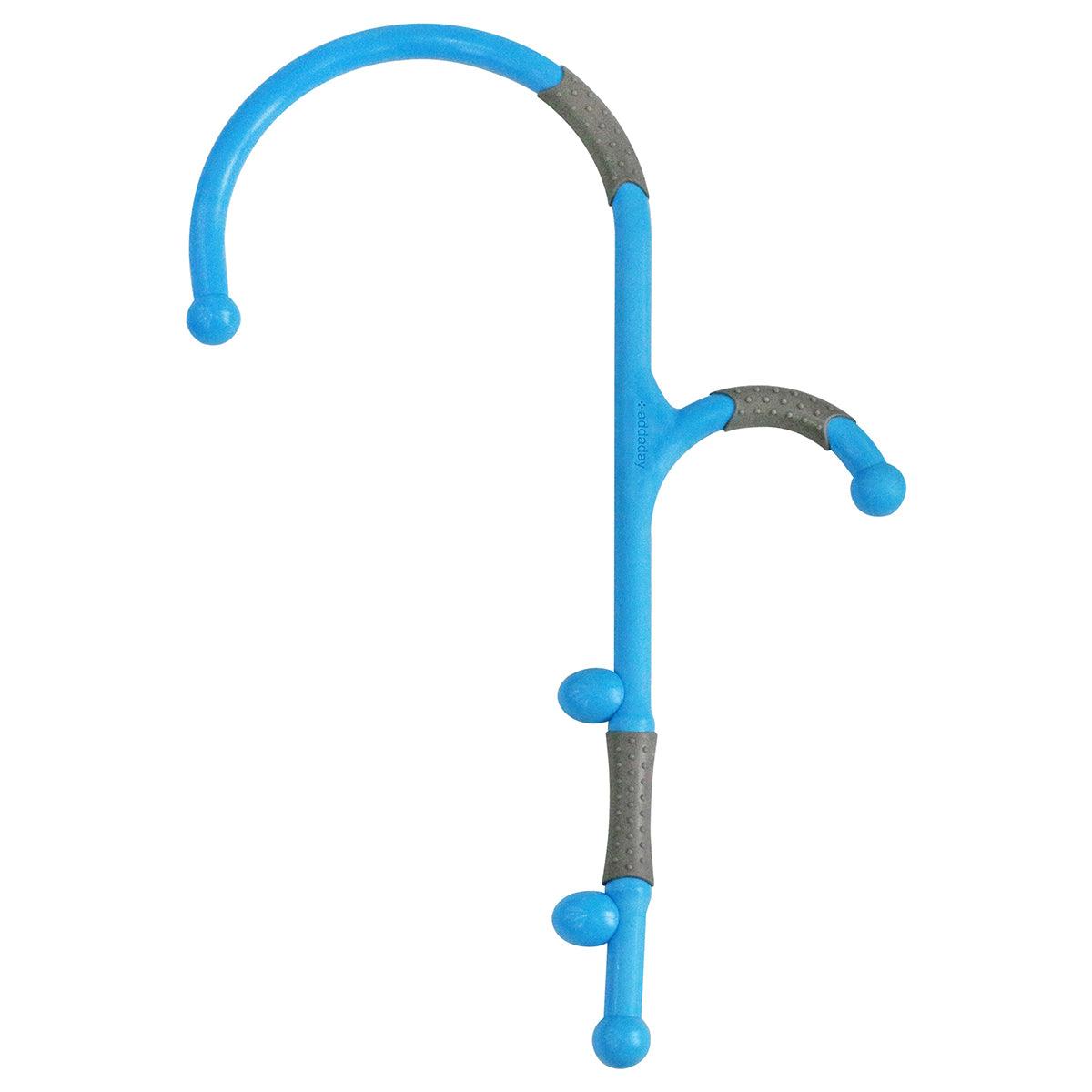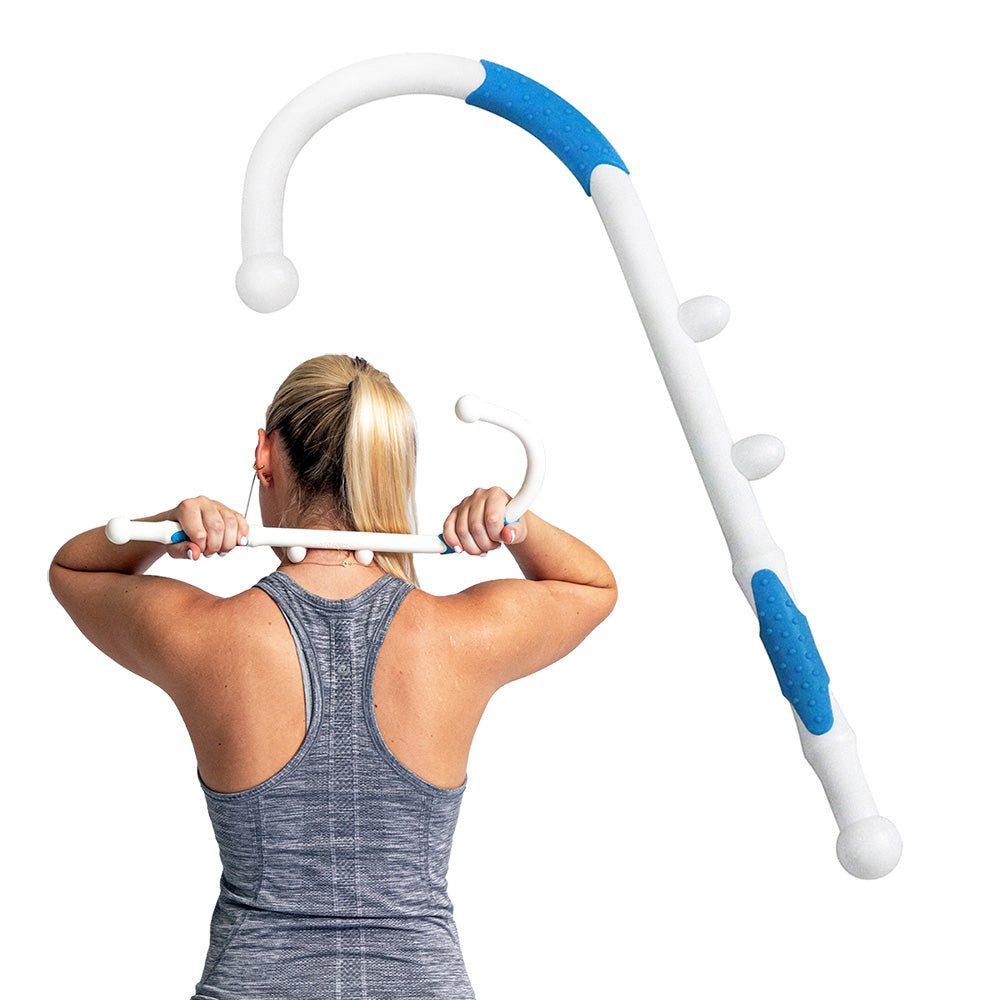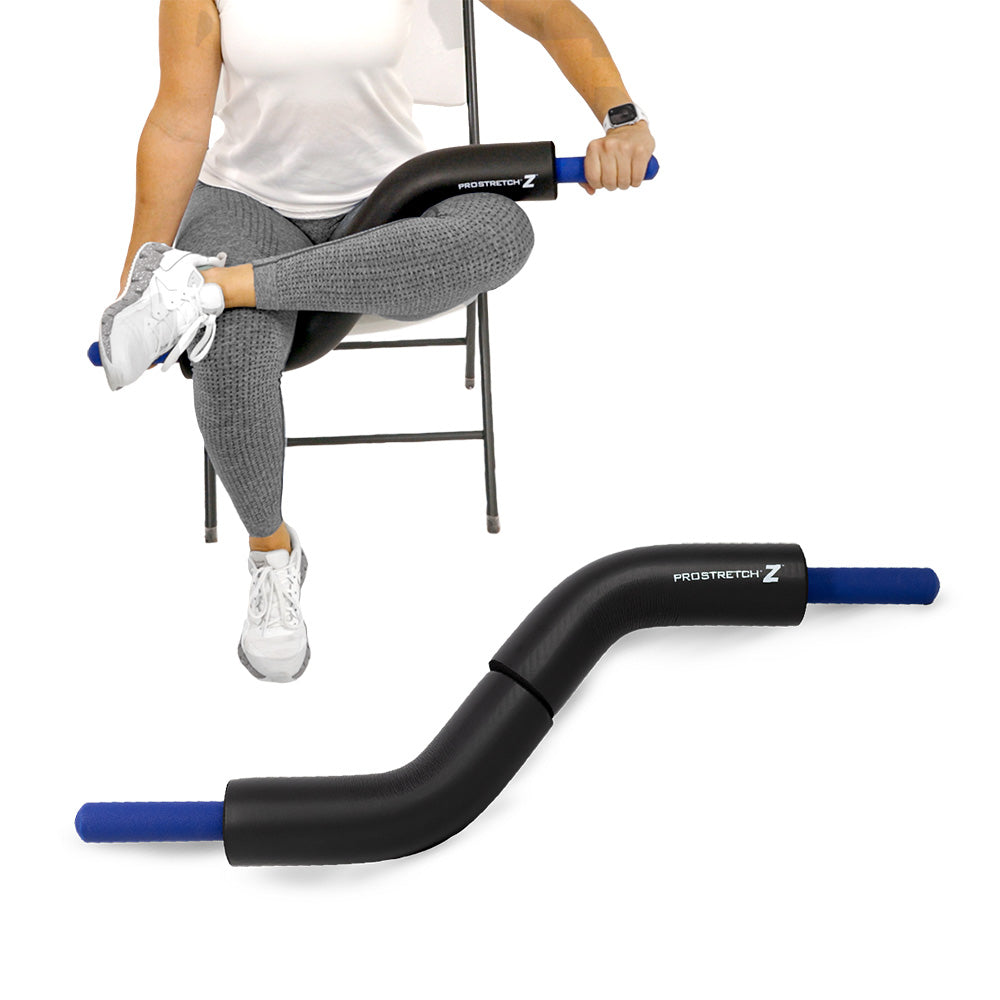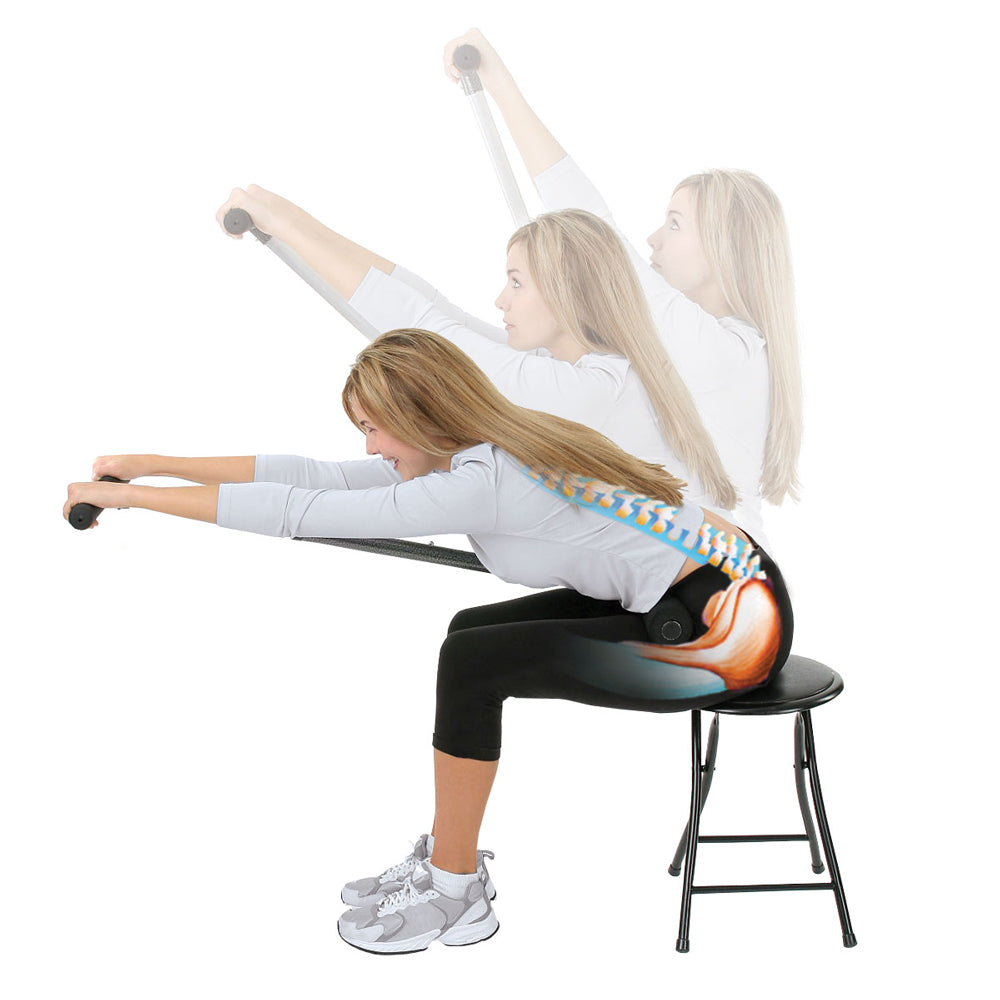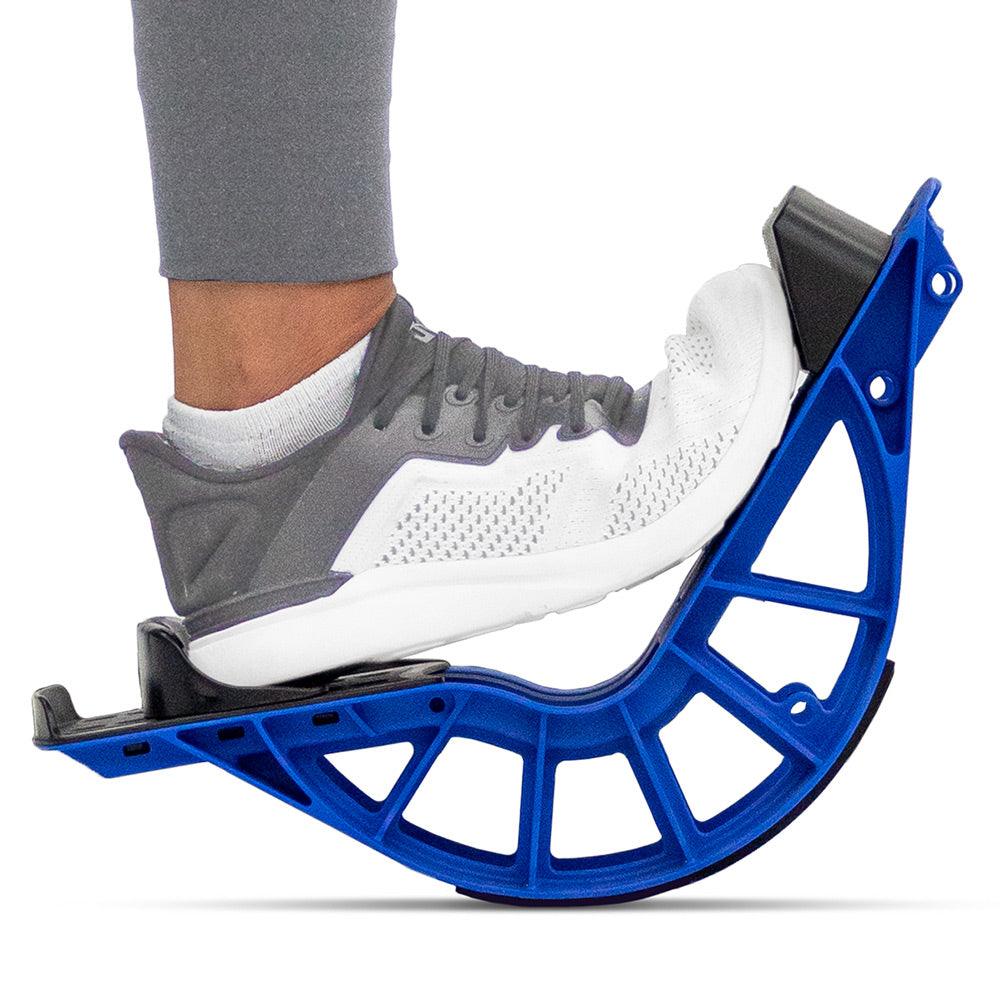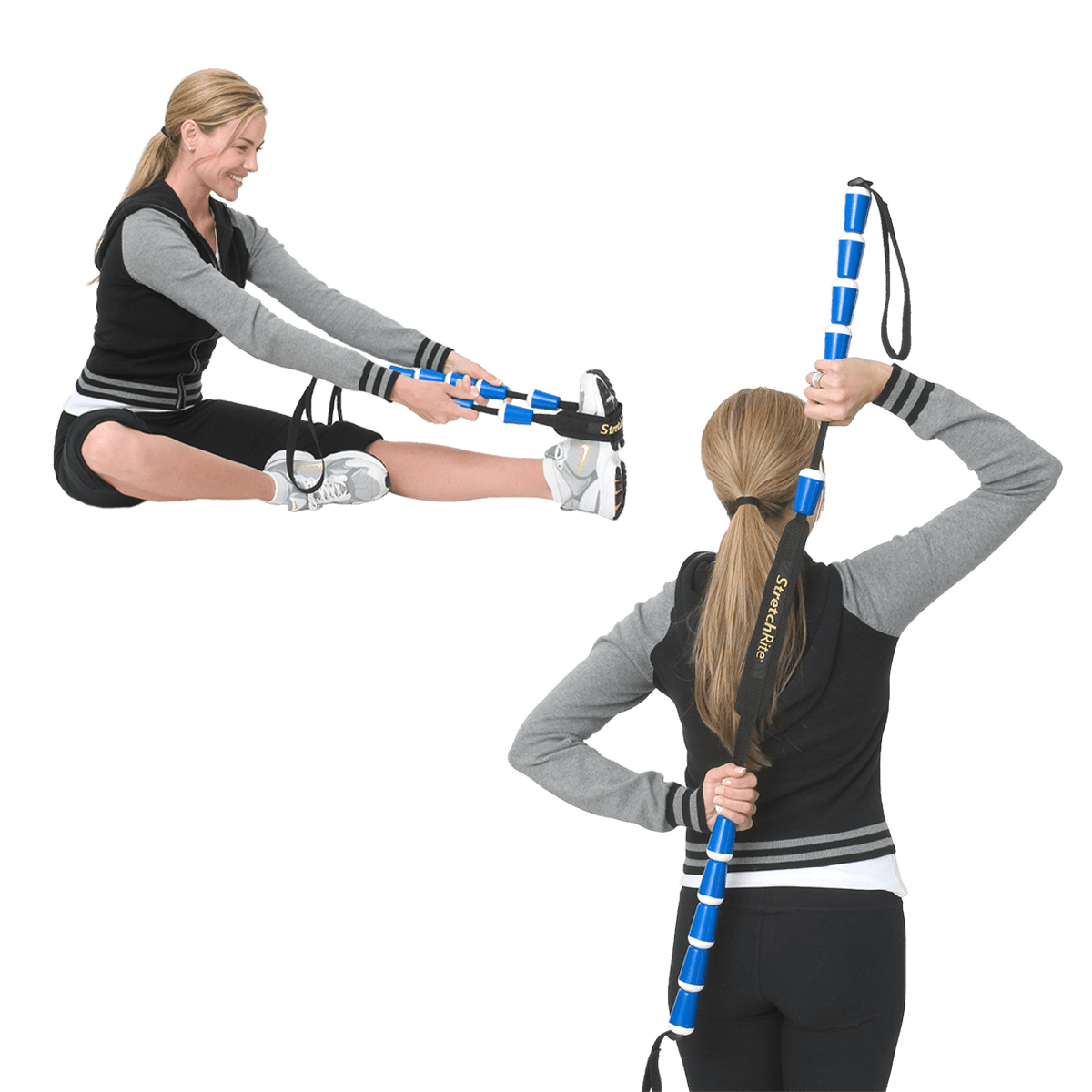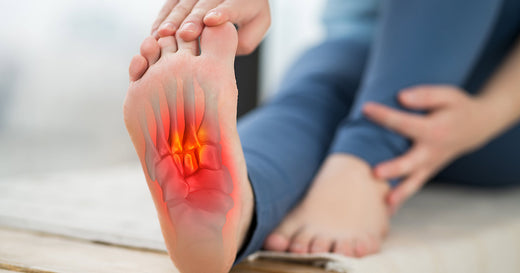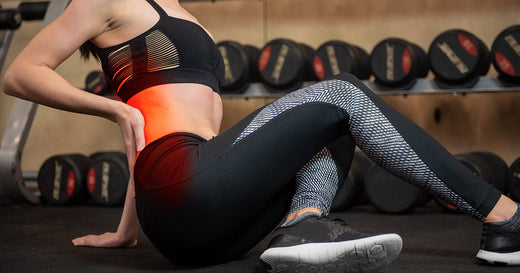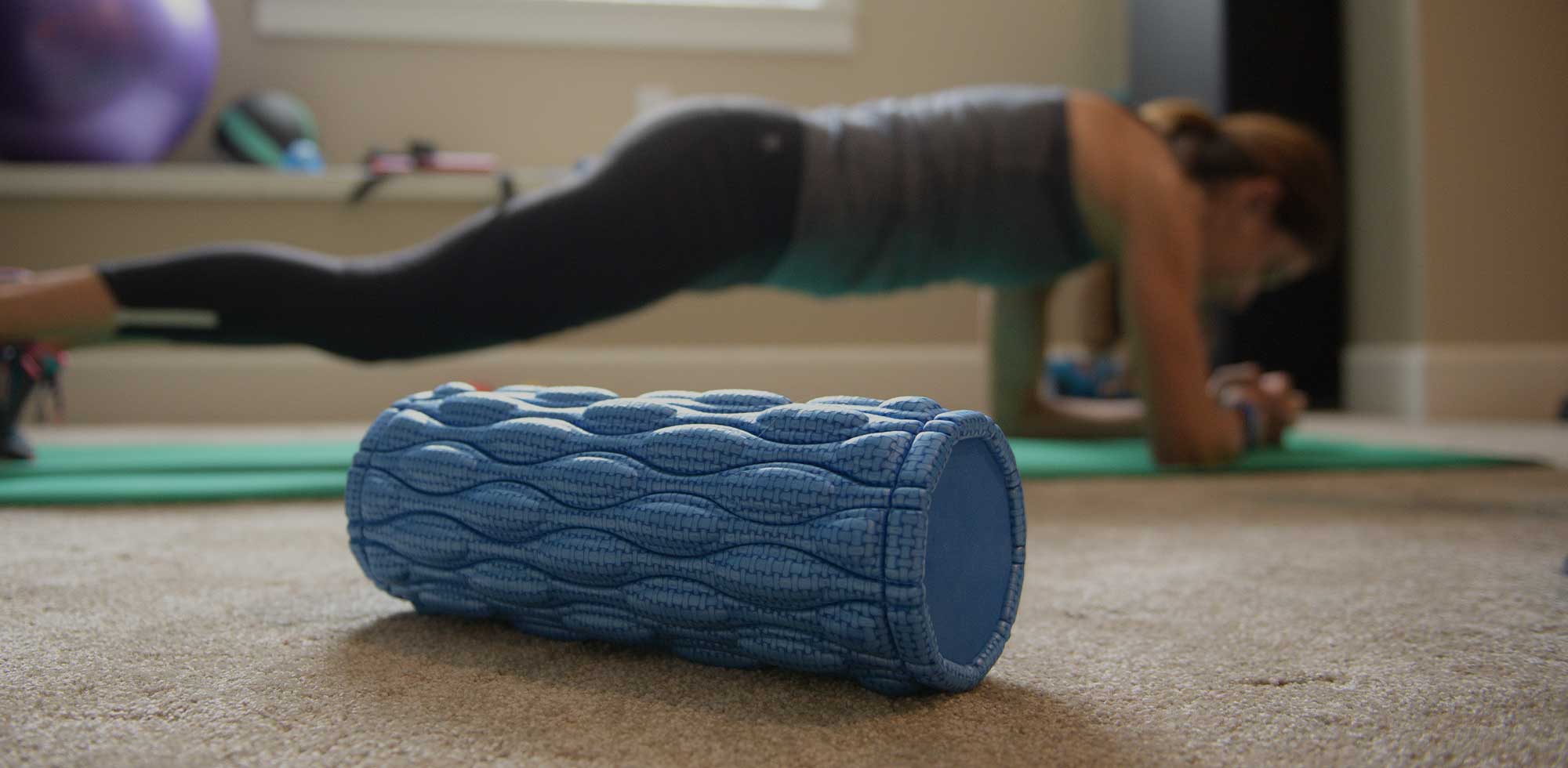Trigger points are bands or nodules in a muscle that are taught or hyper-contracted. They make the area tender to the touch and feel like peas just underneath the skin. Some trigger points only feel pain when they are touched, and others are always painful. It is essential to relieve the pain through trigger point massage therapy. The good news is that you can do this on your own.
Click on Causes, Symptoms, and Treatments tab below to learn more.
Causes
Trigger points and muscle knots are often used interchangeably to describe small, sensitive areas within muscle tissue that can cause pain and discomfort. These points can produce localized pain or referred pain, which is felt in another part of the body when pressed. Understanding the causes behind these common musculoskeletal issues is crucial for prevention and effective management.
- Muscle Overuse
- Muscle Underuse
- Physical Trauma and Injury
- Psychological Factors Such as Stress and Anxiety
- Nutritional Deficiencies and Dehydration
- Medical Conditions
- Poor Ergonomics and Lifestyle Factors
- Lack of Stretching and Proper Warm-Up
Muscle Overuse
Muscle overuse is one of the main factors that can lead to trigger points and muscle knots. Engaging in repetitive motions, whether through occupational activities or sports, can lead to continuous strain on specific muscle groups.
Muscle Underuse
Contrary to overuse, muscle underuse can also contribute to the development of trigger points. A sedentary lifestyle can weaken muscles, resulting in poor circulation and increased tension. This can cause muscles to stiffen and develop knots.
Physical Trauma and Injury
A muscle can experience direct physical trauma from a fall, accident, or sports injury, which can result in muscle fibers being overstretched or torn, leading to the formation of trigger points.
Psychological Factors Such as Stress and Anxiety
Muscle health can be greatly affected by psychological factors such as stress and anxiety. Increased muscle tension, leading to tight and knotted muscles, can result from high levels of stress.
Nutritional Deficiencies and Dehydration
Ensuring a proper nutrition and hydration is crucial for optimal muscle functioning. Lack of necessary minerals like magnesium, potassium, and calcium can hinder muscle function and lead to the creation of trigger points. Inadequate hydration can also impact muscle health, as insufficient water consumption can result in muscle cramps and the development of knots.
Medical Conditions
Certain medical conditions are closely associated with the development of trigger points.
Poor Ergonomics and Lifestyle Factors
Poor ergonomics, whether at work or home, can lead to muscle strain and the development of trigger points. An improperly set up workstation can cause poor posture that could led to neck, shoulder, and back pain. Similarly, poor sleeping posture or an unsupportive mattress can contribute to muscle knots.
Lack of Stretching and Proper Warm-Up
Not warming up properly before physical activity can cause muscle strain and the formation of trigger points. Regular stretching is essential to maintain muscle flexibility and prevent tightness that can lead to knots.
PLEASE NOTE: The information on this website and article is for information only and should not be used as a substitute for consulting your doctor. Consult your doctor for proper diagnosis and rehabilitation.
Symptoms
The presence of trigger points and muscle knots can cause various symptoms that may significantly impact daily activities and overall well-being. Below are some common symptoms:
- Localized and Referred Pain - Deep, aching pain at the site of the trigger point or knot that could worsen with pressure or specific movements.
- Muscle Tenderness - Muscles that feel sore or tender when touched
- Muscle weakness in the affected muscle
- Other possible symptoms: Trouble sleeping, fatigue, nausea, tension headaches, tinnitus, temporomandibular joint pain, low back pain, dizziness, numbness, tingling in the limbs, and poor motor control
PLEASE NOTE: The information on this website and article is for information only and should not be used as a substitute for consulting your doctor. Consult your doctor for proper diagnosis and rehabilitation.
Treatment
How to Get Rid of Muscle Knots
Getting rid of muscle knots can be as easy as providing yourself with a little massage therapy.
Long-Term Healing
Massage Products:
Massaging helps to relax tight muscles and release tension, reducing overall discomfort and promotes a greater range of motion. A targeted massage can address specific trigger points or knots in the muscles, contributing to pain relief and enhancing the overall recovery from lower back pain.
Recommended products:
tr>
 ProStretch® Pro Stick Massage Roller ★★★★★ Delivers targeted myofascial release, reducing muscle tightness and promoting flexibility. Its design allows for effective targeted self-massage, helping to alleviate discomfort associated with back pain. |
 ProStretch® Type A+ Massage Roller ★★★★★ Delivers targeted myofascial release, reducing muscle tightness and promoting flexibility. Its design allows for effective targeted self-massage, helping to alleviate discomfort associated with back pain. |
 ProStretch® Type C Massage Roller ★★★★★ Delivers targeted myofascial release, reducing muscle tightness and promoting flexibility. Its design allows for effective targeted self-massage, helping to alleviate discomfort associated with back pain. |
 ProStretch® Type X2+ Massage Roller ★★★★★ Delivers targeted myofascial release, reducing muscle tightness and promoting flexibility. Its design allows for effective targeted self-massage, helping to alleviate discomfort associated with back pain. |
 ProStretch® Knot Bad Massage Cane ★★★★★ With five massage knobs on the shaft The ProStretch Knot Bad is the ideal tool for releasing myofascial trigger points for a deep tissue massage. Use it to massage your shoulders, upper back, and lower back. |
 ProStretch® Mini Knot Bad Massage Cane ★★★★★ Features four massage knobs and a comfortable grip that makes self-massage easy. The massage knobs are ideal for releasing myofascial trigger points and a deep tissue massage of the back and neck. |
 ProStretch® Nonagon Foam Roller The textured 9-sided foam roller design with a solid EVA foam core connects with the fascia with precision and allows for a deeper, stable, and secure roll. |
 ProStretch® Hexi Mini Foam Roller It is the ideal trigger point massage tool to help alleviate muscle soreness, tightness, and tiredness. Small and compact, the Hexi foam roller features a textured 6-sided design with a solid foam core and can be used just like a standard-sized roller. |
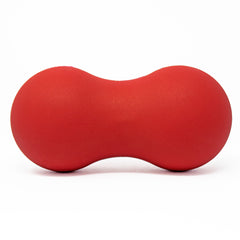 ProStretch® Peanut Foam Roller The ideal trigger point massage ball to alleviate muscle soreness and stiffness and can be used on areas like your glutes, upper back, shoulders, legs, and can also help relieve plantar fasciitis pain used on the bottom of the foot. |
 ProStretch® Trio Massage Balls The ProStretch Trio is a set of three massage balls each of a different density allowing for massage personalization. |
 ProStretch® Roundchucks Massage Balls The ideal trigger point massage ball to alleviate muscle soreness and stiffness and can be used on areas like your glutes, upper back, shoulders, legs, and can also help relieve plantar fasciitis pain used on the bottom of the foot. |
PLEASE NOTE: The information on this website and article is for information only and should not be used as a substitute for consulting your doctor. Consult your doctor for proper diagnosis and rehabilitation.
